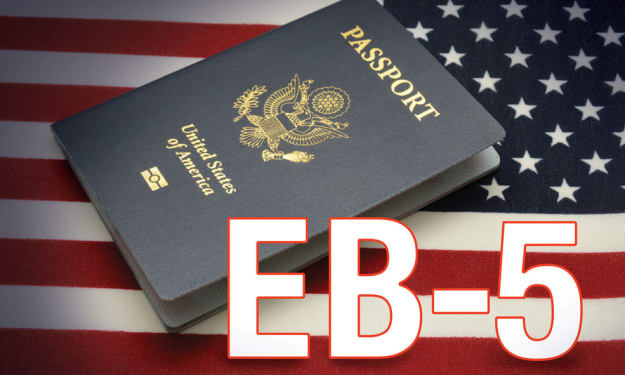5 Key Benefits of Choosing Mediation Over Court Trials for Divorce
Benefits of Divorce Mediation

Divorce is a significant life event that can be fraught with emotional and financial challenges. Traditionally, many couples have resolved their differences through court trials, a process that can be lengthy, adversarial, and expensive. However, mediation has emerged as a preferred alternative for many. Here are five key benefits of choosing mediation over court trials for divorce.
1. Cost-Effective Solution
One of the most compelling advantages of mediation is its cost-effectiveness. Court trials often involve high attorney fees, court costs, and other expenses that can quickly add up. These costs can become overwhelming, particularly when the trial is prolonged.
Mediation, by contrast, typically involves fewer legal fees since the process is generally quicker and requires fewer billable hours from attorneys. Additionally, mediation often reduces ancillary costs such as court filing fees and other administrative expenses.
Benefit: By choosing mediation, couples can save a substantial amount of money. These savings can be particularly valuable as both parties transition to their new, separate lives, potentially funding new living arrangements or covering other post-divorce expenses.
2. Faster Resolution
Divorce court trials can be notoriously slow. The court’s schedule, the need for multiple hearings, and potential delays can extend the process for months or even years. This extended timeline can exacerbate the emotional toll on both parties and prolong the uncertainty about the future.
Mediation, on the other hand, is generally much faster. Since it involves direct negotiations facilitated by a mediator, couples can often reach a resolution in a matter of weeks or a few months. The ability to schedule mediation sessions at mutually convenient times also helps expedite the process.
Benefit: A faster resolution means less time spent in emotional limbo and a quicker transition to the next phase of life. This efficiency can significantly reduce stress and help both parties move forward more quickly.
3. Greater Control Over the Outcome
In a court trial, the judge makes the final decisions regarding the divorce settlement. This can be unsettling for couples who feel that a judge, despite their best intentions, may not fully understand the intricacies of their personal situation.
Mediation, however, allows both parties to have more control over the outcome. The mediator facilitates the discussion but does not impose decisions. Instead, the couple works together to negotiate terms that are acceptable to both parties. This collaborative approach ensures that the final agreement reflects the unique needs and circumstances of both individuals.
Benefit: Greater control over the outcome means that the divorce settlement is more likely to be fair and satisfactory to both parties, reducing the likelihood of future disputes or the need for modifications.
4. Confidential and Private
Court trials are public proceedings, and as such, the details of the divorce can become part of the public record. This exposure can be uncomfortable and potentially damaging for both parties, particularly if sensitive personal information is disclosed.
Mediation, by contrast, is a private and confidential process. The discussions and agreements made in mediation remain private, known only to the parties involved and the mediator.
Benefit: This confidentiality helps protect the privacy and reputation of both parties. It ensures that personal and financial details remain out of the public domain, providing a level of discretion that court trials cannot offer.
5. Less Adversarial Process
Court trials are inherently adversarial, often creating a win-lose scenario that can heighten tensions and foster animosity between the parties. This adversarial nature can be particularly damaging when children are involved, as it can lead to ongoing conflict that affects co-parenting.
Mediation promotes a more collaborative and less adversarial approach. The mediator facilitates constructive dialogue, helping both parties communicate effectively and work towards mutually beneficial solutions. This can help reduce hostility and foster a more amicable post-divorce relationship.
Benefit: A less adversarial process can be particularly beneficial for children, as it sets a foundation for more cooperative co-parenting. It also helps both parties maintain a more respectful and positive relationship, which can be crucial for their emotional well-being.
Conclusion
Choosing mediation over court trials for divorce offers numerous benefits, from cost savings and faster resolutions to greater control, privacy, and a more amicable process. By opting for mediation, couples can navigate their divorce with less stress and conflict, paving the way for a healthier and more positive future. If you’re considering divorce, mediation is a worthwhile option that can provide a more compassionate and efficient path forward.
About the Creator
Padideh Jafari
Jafari Law & Mediation Office was founded in 2003 as a law firm focused on divorce and family law matters. With more than 19 years of litigation experience, we are highly skilled in all aspects of divorce and family law proceedings.
Enjoyed the story? Support the Creator.
Subscribe for free to receive all their stories in your feed. You could also pledge your support or give them a one-off tip, letting them know you appreciate their work.





Comments
There are no comments for this story
Be the first to respond and start the conversation.